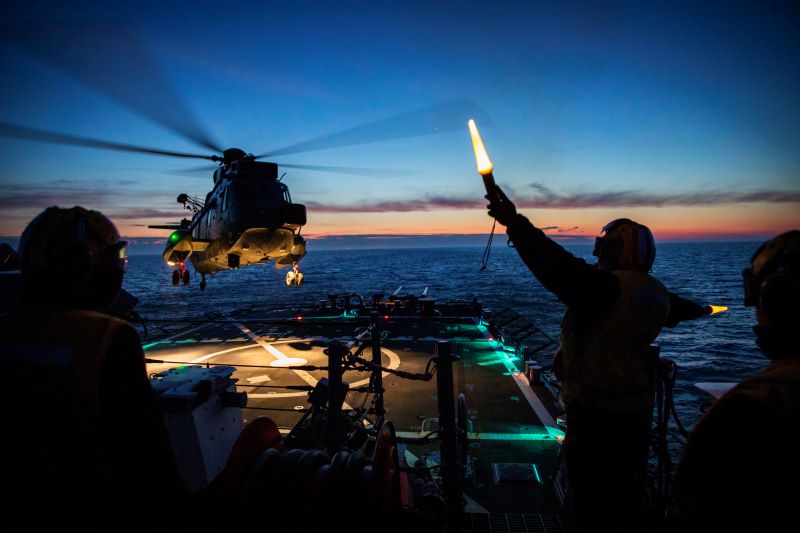
The Open General License (OGL) Pilot Program has been implemented by the Directorate of Defense Trade Controls (DDTC) to ease licensing requirements for reexport and retransfer of unclassified defense articles to pre-approved parties in the United Kingdom, Australia, and Canada. The current program is in effect from August 2022 to July 31, 2026, pursuant to the International Traffic in Arms Regulations ITAR § 120.22(b).
The OGL program is designed to support mission readiness of U.S. allies and to facilitate activities related to storage, repair, and maintenance of unclassified defense articles of existing deployed articles. It is not intended for supporting new acquisitions and capabilities.
Open General Licenses (OGL)
OGLs define the specific type of defense article and or technical data to be reexported or retransferred. It identifies all destination countries and recipients as well as intended end use of article. It also lists any additional requirements or limitations that must be satisfied for use as determined by the DDTC.
Retransfers are allowed under this program to the governments of the United Kingdom, Canada, Australia, members of the Australian or UK communities, or Canadian registered persons under OGL 1. Reexports are limited to those same parties under OGL 2. Items originally exported by way of Foreign Military Sales (FMS) are not eligible for OGLs.
The OGL program pertains only to unclassified defense articles exported by means of a license or approval from the DDTC. No items listed as Missile Technology (MT) in the United States Munitions List (USML) or listed on the Missile Technology Control Regime are eligible for OGLs.
Technical Data Limitations
Technical data eligibility is limited to organizational, intermediate, or depot level information pertaining to the storage, repair or maintenance of defense articles. The end use of this data must be by, or for, operation on behalf of the governments of Canada, Australia, or the United Kingdom. Technical data relating to any usage of Unmanned Aerial Vehicles (UAV), space-launch vehicles, or items on the MTCR Annex or ITAR part 121 is not eligible for OGLs.
Other Requirements
Other Open General License (OGL) requirements exist for the transferor of eligible defense articles. These include compliance with § 123.9(b) of the ITAR which deals with the country of ultimate destination and information that must be incorporated into the commercial invoice. Records of each retransfer or reexport must be maintained and made available to the DDTC if required.
Congressional notification by the Department of State is required for any defense equipment valued at or exceeding $25 million. For defense services this limit is $100 million. These services are limited to maintenance repair, or overhaul of defense equipment that does not augment or increase the military capabilities of the equipment being serviced.
The Future of the OGL Program
The DDTC is carefully monitoring this program and considering options to enhance its capabilities. This program to those administered by other nations such as Japan, Australia, and the United Kingdom. Its intention is to facilitate United States foreign policy and national security objectives while ensuring that sensitive technologies are denied to U.S. adversaries.
CVG Strategy Export Compliance Services
Keeping abreast of and remaining compliant of ITAR requirements and other United States export controls is a challenge for businesses of all sizes. Partnering with a trusted expert in export compliance can provide your organization with systems and training to avoid expensive and reputation ruining violations.
CVG Strategy, LLC is recognized the world over as the premier provider of customized Export Compliance Consulting, Export Compliance Programs, and Training that address critical U.S. Government and Canadian laws and regulations, from Export Administration Regulations (EAR) to the International Traffic in Arms Regulations (ITAR), Office of Foreign Asset Controls (OFAC), Canadian Goods Program (CGP) and other regulatory agencies.
CVG Strategy ITAR and Export Compliance experts have managed manufacturing and distribution businesses and have worked for multi-national organizations. CVG Strategy’s experts are not ex-government employees, they understand the needs and goals of small to medium-sized operations in managing compliance requirements. They also have expertise in the implementation and maintenance of a wide variety of management system standards.


